Taking a leap of faith to live in another country can be daunting at any age. Studying or working abroad during college can be an enriching experience, opening the door to opportunities that might not be available in your home country.
Erasmus is an exchange programme between universities in Europe. It is part of Erasmus+ which is the wider EU programme supporting education (including adult education), training, youth and sport. Third level students who avail of Erasmus can study or work abroad in another European country in the programme. Students who choose to go on Erasmus will also receive funding, the amount of which depends on factors including the country you’re going to.
There are 27 EU Member States and six “third countries” associated with Erasmus+. Since the UK left the European Union, it is no longer an option under the new Erasmus Programme 2021-27. However, students can participate on UK study exchange programmes until the end of this academic year (June 2023).
Irish Country Living spoke to two students who decided to go on Erasmus as part of their course.
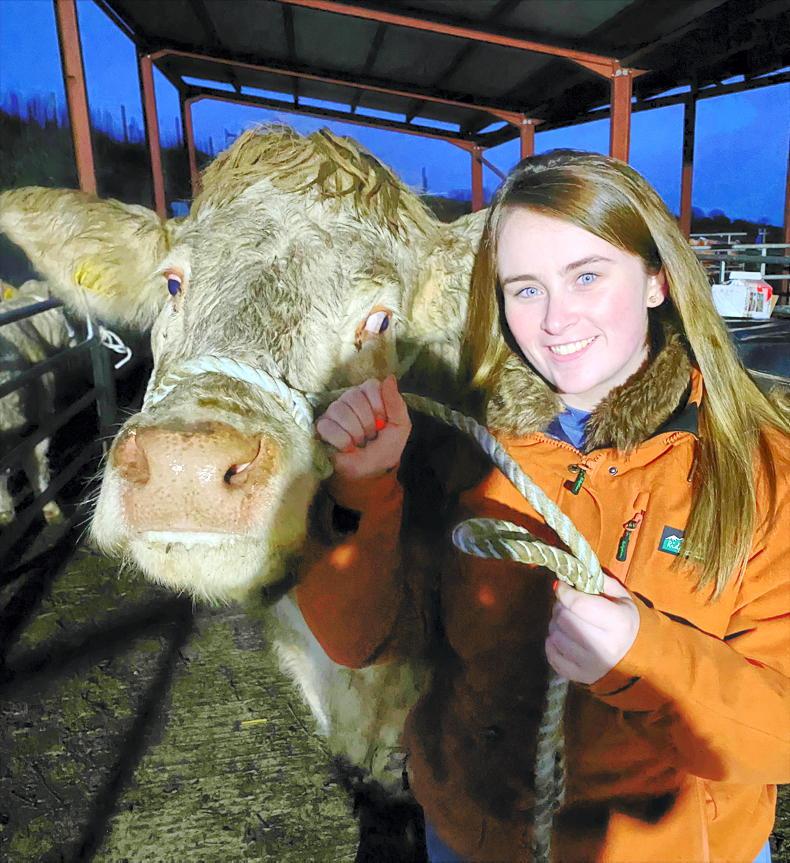
Claire Bolger studies in Dundalk IT and went on work placement last year in Pembrokeshire, Wales
Claire Bolger, a fourth-year Sustainable Agriculture student in Dundalk IT, originally considered New Zealand as an option for 12 weeks work placement. After weighing up the costs of heading to a faraway country, she found an opportunity in Pembrokeshire, Wales - just across the water from her home in Dunleer, Co Louth.
She worked on East Lake dairy farm last summer, a family-run farm with over 800 cows. While the work was hands-on, Claire got time to experience what the surrounding area had to offer.
“We went up to the Royal Welsh Show and just saw the whole coast of Pembrokeshire,” says Claire. “I did 12 days on and two days off, so the two days off I would just go do different things like surfing.”
She also got time to relax in the evenings as the family own a pub in the nearby seaside village of Amroth.
Different systems
Claire attended meetings at a Pembrokeshire ladies discussion group in farming. Hearing about various policies along with seeing other farms opened her eyes to differences in farming practices between Ireland and Wales.
“There were a couple of farms over there making ice cream from their milk, some of them actually had viewing galleries for people to come in to watch them milking. It was a big eye-opener, there’s a lot more, diversity in that aspect of the farming. It was very nice to see different set ups and different routines,” she says.
An upside to doing work placement in Wales was the proximity, which meant Claire could bring her car over and her family could visit. She didn’t have to worry about accommodation or costs either, as she was able to stay on the farm and she secured Erasmus funding of €1350.
“We had a three-bedroom house and all we had to pay for was the electricity we used and the gas or something like that. It was minimal but they took it out of our wages so we never actually saw the money go. I never myself found it an issue, money or accommodation-wise. I was very lucky.”
Claire encourages anyone considering going abroad for college to take the leap, and to weigh up your options.
“Just do it. It was definitely one of the best things I’ve ever done and I would do it again without hesitation,” she says.
“I think it was just talking to different people over the phone you get a feel for what you’re going into. This placement was family-run. Sometimes going for things like that can be better because it can be nicer.”
Ireland is a popular destination on the Erasmus exchange programme for students from all over Europe. In 2021 over 10,000 students came to Ireland through Erasmus, and pre-pandemic this number was over 22,000 in 2019.
An Erasmus student working in Ireland
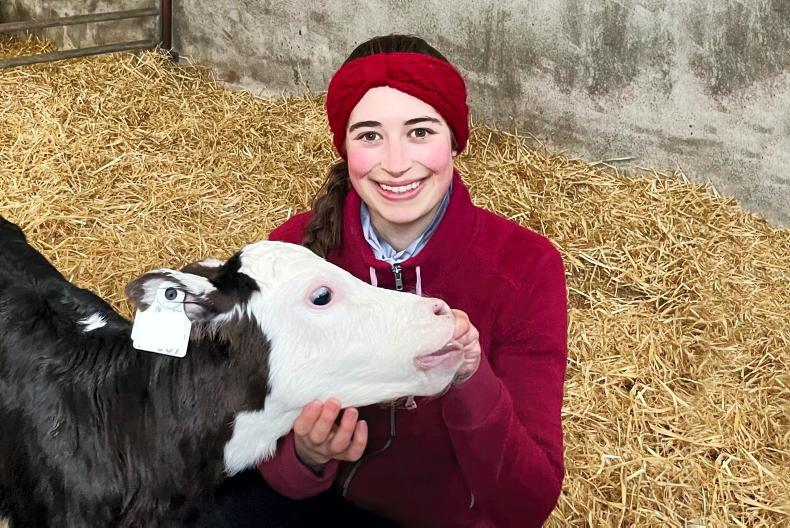
Johanna Gruettke is from Suttgart in Germany and is currently doing Erasmus in SETU Wexford
Johanna Gruettke from Stuttgart, Germany is currently studying a Bachelor of Science (Honours) in Sustainable Farm Management and Agribusiness in the South East Technological University (SETU) Wexford campus. While she began her studies in the University of Hohenheim, she decided to study in Ireland through the Erasmus programme. After visiting Ireland on holidays with her family a few years previously, the idea of returning appealed to her.
Student-friendly culture
Johanna arrived in September last year and attended lectures on campus for the first few months. She highlights that the university made an effort to include students in the social side of college life and create a friendly atmosphere.
“The university organised many events, not particularly for the international students but for the students all together in Wexford,” she says. “We went ice skating, we had a Halloween party and a Christmas party in the pub, went bowling and did an escape room. I would say they looked after us so we had a smooth start to our studies here.”
Outside of the university, Johanna has enjoyed sightseeing around Ireland.
“I went to Dublin because there’s a good bus connection to get there, but I try to explore other parts of the country.
“We went with other students to Killarney national park, and Cork and Kilkenny. But I didn’t get a chance for example to drive up to the north of Ireland. I would love to do that. I might do it after my work experience.”
With Ireland’s high cost of living, it might be expected that a student arriving here would find it difficult to cover the costs. However, Johanna explains that this puts Ireland in the bracket for the highest amount of Erasmus funding, which alleviates any financial worries. She receives a monthly grant of roughly €450 per month. As for accommodation, she looked early and secured digs with another student.
Johanna is currently doing work placement on a dairy farm and says she enjoys learning first-hand about Ireland’s farming practices.
“I really like working on the farm because it’s kind of a change from sitting at the uni. Don’t get me wrong, I really like that too but I like sometimes practical work,” she says.
“I think that’s interesting and a good conclusion to my studies here in Ireland.”
Johanna advises students going on Erasmus not to be shy and to explore the country you’re in. But her main advice for students coming to Ireland in particular?
“Stop asking in advance for nights out,” she laughs, elaborating that Irish people have a more relaxed approach to meeting up at agreed times than she’s used to in Germany.
Summer abroad options
To learn more visit www.leargas.ie/erasmus-plus/. Most universities in Ireland will have partnerships with other universities for Erasmus exchanges as well as other study abroad or summer abroad options. There are also scholarships available for universities in other countries. You can check options in your college by getting in touch with the college’s international office and checking the college website.
Read more
Rising rural musicians: Amy Meehan
Part one: careers in crops
Taking a leap of faith to live in another country can be daunting at any age. Studying or working abroad during college can be an enriching experience, opening the door to opportunities that might not be available in your home country.
Erasmus is an exchange programme between universities in Europe. It is part of Erasmus+ which is the wider EU programme supporting education (including adult education), training, youth and sport. Third level students who avail of Erasmus can study or work abroad in another European country in the programme. Students who choose to go on Erasmus will also receive funding, the amount of which depends on factors including the country you’re going to.
There are 27 EU Member States and six “third countries” associated with Erasmus+. Since the UK left the European Union, it is no longer an option under the new Erasmus Programme 2021-27. However, students can participate on UK study exchange programmes until the end of this academic year (June 2023).
Irish Country Living spoke to two students who decided to go on Erasmus as part of their course.

Claire Bolger studies in Dundalk IT and went on work placement last year in Pembrokeshire, Wales
Claire Bolger, a fourth-year Sustainable Agriculture student in Dundalk IT, originally considered New Zealand as an option for 12 weeks work placement. After weighing up the costs of heading to a faraway country, she found an opportunity in Pembrokeshire, Wales - just across the water from her home in Dunleer, Co Louth.
She worked on East Lake dairy farm last summer, a family-run farm with over 800 cows. While the work was hands-on, Claire got time to experience what the surrounding area had to offer.
“We went up to the Royal Welsh Show and just saw the whole coast of Pembrokeshire,” says Claire. “I did 12 days on and two days off, so the two days off I would just go do different things like surfing.”
She also got time to relax in the evenings as the family own a pub in the nearby seaside village of Amroth.
Different systems
Claire attended meetings at a Pembrokeshire ladies discussion group in farming. Hearing about various policies along with seeing other farms opened her eyes to differences in farming practices between Ireland and Wales.
“There were a couple of farms over there making ice cream from their milk, some of them actually had viewing galleries for people to come in to watch them milking. It was a big eye-opener, there’s a lot more, diversity in that aspect of the farming. It was very nice to see different set ups and different routines,” she says.
An upside to doing work placement in Wales was the proximity, which meant Claire could bring her car over and her family could visit. She didn’t have to worry about accommodation or costs either, as she was able to stay on the farm and she secured Erasmus funding of €1350.
“We had a three-bedroom house and all we had to pay for was the electricity we used and the gas or something like that. It was minimal but they took it out of our wages so we never actually saw the money go. I never myself found it an issue, money or accommodation-wise. I was very lucky.”
Claire encourages anyone considering going abroad for college to take the leap, and to weigh up your options.
“Just do it. It was definitely one of the best things I’ve ever done and I would do it again without hesitation,” she says.
“I think it was just talking to different people over the phone you get a feel for what you’re going into. This placement was family-run. Sometimes going for things like that can be better because it can be nicer.”
Ireland is a popular destination on the Erasmus exchange programme for students from all over Europe. In 2021 over 10,000 students came to Ireland through Erasmus, and pre-pandemic this number was over 22,000 in 2019.
An Erasmus student working in Ireland

Johanna Gruettke is from Suttgart in Germany and is currently doing Erasmus in SETU Wexford
Johanna Gruettke from Stuttgart, Germany is currently studying a Bachelor of Science (Honours) in Sustainable Farm Management and Agribusiness in the South East Technological University (SETU) Wexford campus. While she began her studies in the University of Hohenheim, she decided to study in Ireland through the Erasmus programme. After visiting Ireland on holidays with her family a few years previously, the idea of returning appealed to her.
Student-friendly culture
Johanna arrived in September last year and attended lectures on campus for the first few months. She highlights that the university made an effort to include students in the social side of college life and create a friendly atmosphere.
“The university organised many events, not particularly for the international students but for the students all together in Wexford,” she says. “We went ice skating, we had a Halloween party and a Christmas party in the pub, went bowling and did an escape room. I would say they looked after us so we had a smooth start to our studies here.”
Outside of the university, Johanna has enjoyed sightseeing around Ireland.
“I went to Dublin because there’s a good bus connection to get there, but I try to explore other parts of the country.
“We went with other students to Killarney national park, and Cork and Kilkenny. But I didn’t get a chance for example to drive up to the north of Ireland. I would love to do that. I might do it after my work experience.”
With Ireland’s high cost of living, it might be expected that a student arriving here would find it difficult to cover the costs. However, Johanna explains that this puts Ireland in the bracket for the highest amount of Erasmus funding, which alleviates any financial worries. She receives a monthly grant of roughly €450 per month. As for accommodation, she looked early and secured digs with another student.
Johanna is currently doing work placement on a dairy farm and says she enjoys learning first-hand about Ireland’s farming practices.
“I really like working on the farm because it’s kind of a change from sitting at the uni. Don’t get me wrong, I really like that too but I like sometimes practical work,” she says.
“I think that’s interesting and a good conclusion to my studies here in Ireland.”
Johanna advises students going on Erasmus not to be shy and to explore the country you’re in. But her main advice for students coming to Ireland in particular?
“Stop asking in advance for nights out,” she laughs, elaborating that Irish people have a more relaxed approach to meeting up at agreed times than she’s used to in Germany.
Summer abroad options
To learn more visit www.leargas.ie/erasmus-plus/. Most universities in Ireland will have partnerships with other universities for Erasmus exchanges as well as other study abroad or summer abroad options. There are also scholarships available for universities in other countries. You can check options in your college by getting in touch with the college’s international office and checking the college website.
Read more
Rising rural musicians: Amy Meehan
Part one: careers in crops







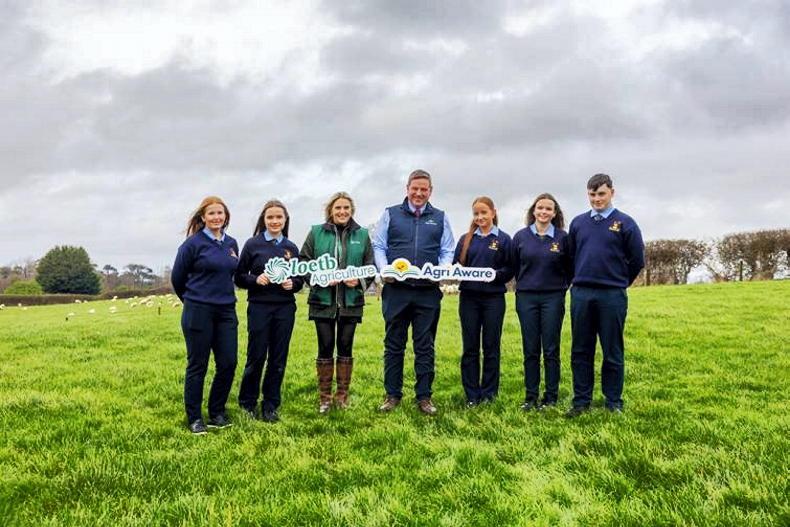
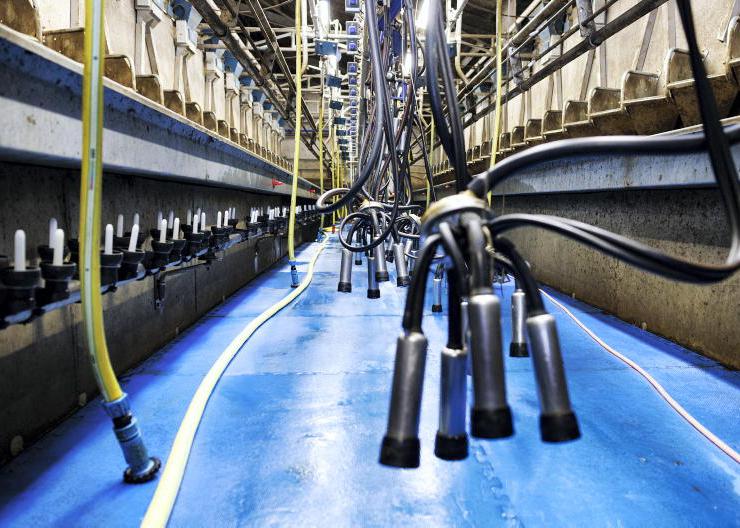
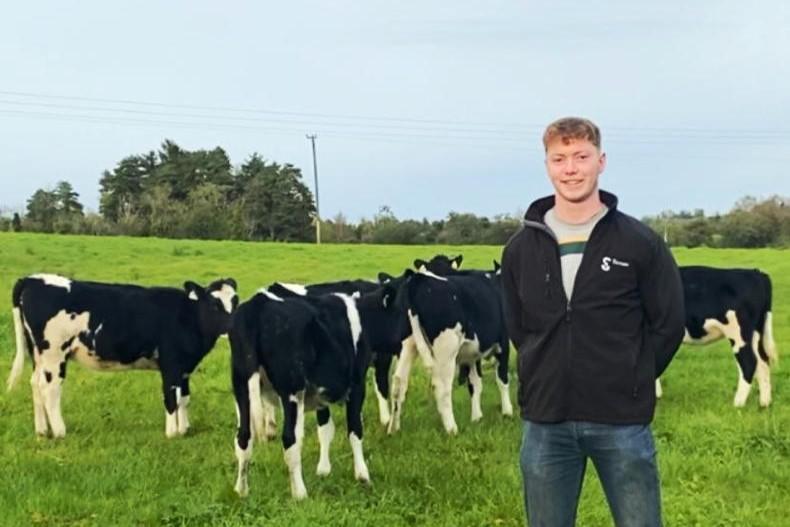
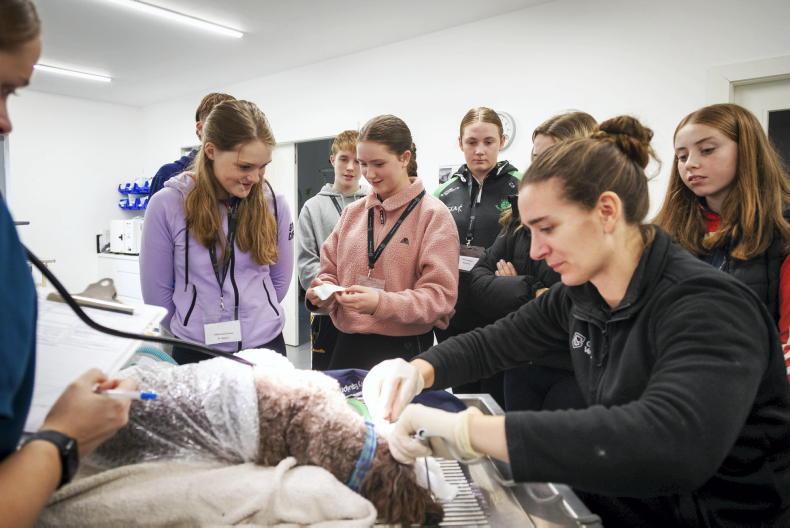
SHARING OPTIONS